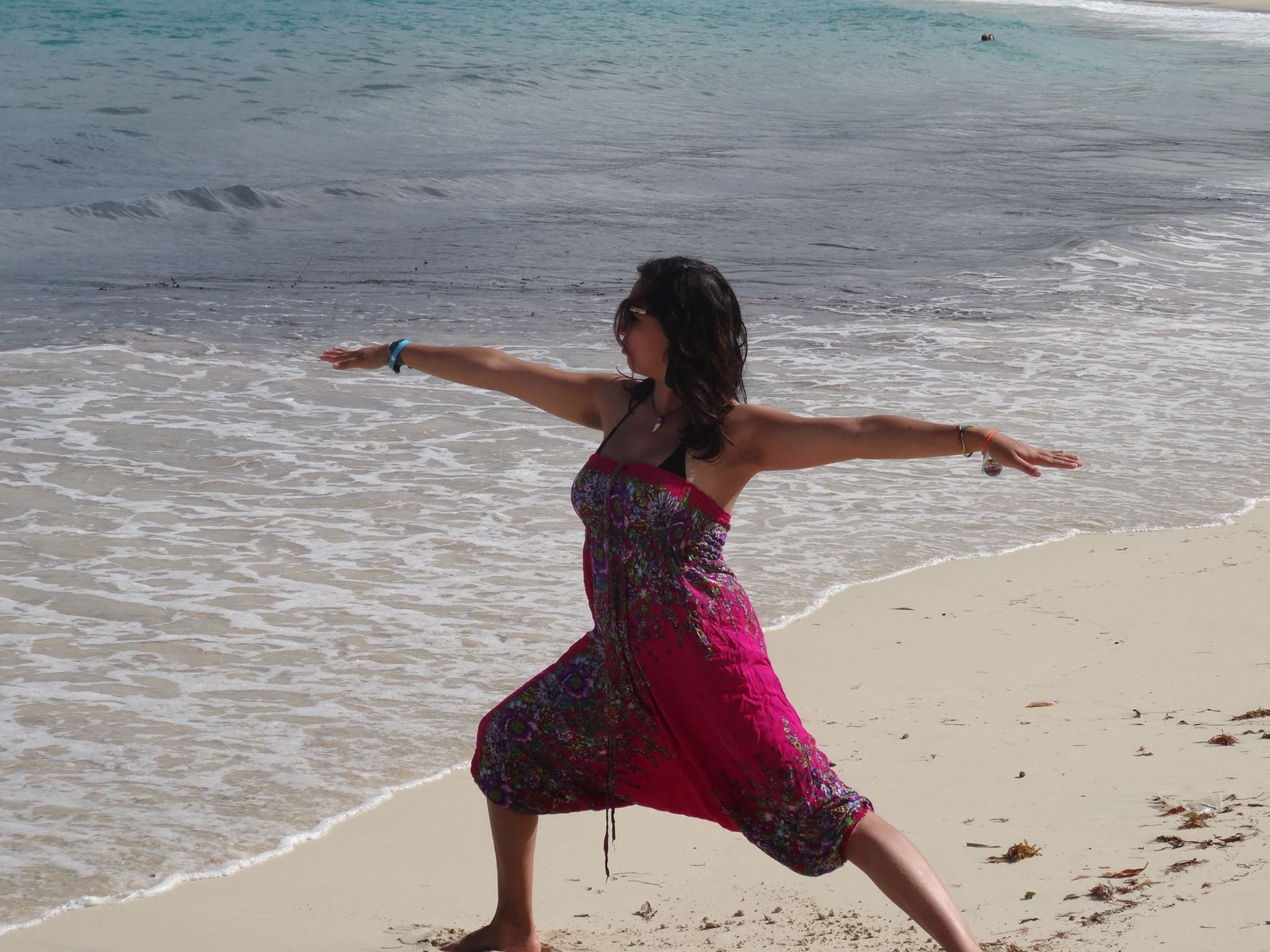therapeutic support
Carys is a Dance & Movement Psychotherapist, having trained at Goldsmith’s University, and registered with the Association of Dance & Movement Psychotherapy UK.
As a therapist, Carys has worked in a variety of settings, including schools, autism provisions, the NHS, and with charities in the community. She now continues to work with a number of mental health charities in London, providing therapeutic support and leading Dance Therapy groups. She currently works as a therapist with Spectra, and as a Social Prescribing Wellbeing Coordinator at Family Action, where she also leads combined LifeSkills and Dance Therapy groups.
She is a facilitator for True You Today’s Workshops for Survivors series, where she leads Creative Movement sessions and 1:1 DJing workshops with survivors to empower them with the skills and thrills of music-making and movement to support healing, partnering with Pirate Studios to provide aspirational and exciting experiences for participants. She has also brought these workshops to work with young people at Islington Mind and Project Indigo.
What is dance therapy?
Dance & Movement Psychotherapy (DMP) is a psychotherapeutic practice - as with other types of psychodynamic therapies, unconscious processes and relational patterns are explored in sessions. Rather than using words as the primary form of communication, movement is used as a medium to enable non-verbal expression, and co-creation between therapist and client, helping to connect and integrate one’s mind-body experience. A combination of creative and verbal expression can support processing and transformation.
DMP has the benefit of being accessible to all: we can all move and express ourselves with our bodies, to different degrees. Non-verbal expression can be fully explored, which is essential for many. DMP doesn’t have to involve anything that resembles dance whatsoever: movement - which can be simply breathing or shrugging one’s shoulders - is simply one mode of expression. Sessions can use art materials, music, colourful props and toys, imagery, a range of musical instruments - all in service of what might help a client to express themselves and access their inner experience.
Whilst working with the body and developing somatic connection (rather than splitting mind/body) can be a transformative and healing experience, especially for people whose relationship to the body is challenging, it can also feel extremely vulnerable. Utilising trauma-informed approaches and working with the body’s possibilities and limitations is essential. Carys has delivered workplace training in the NHS on trauma-informed approaches, to support healthcare professionals in embedding some of these core principles in their practice.









